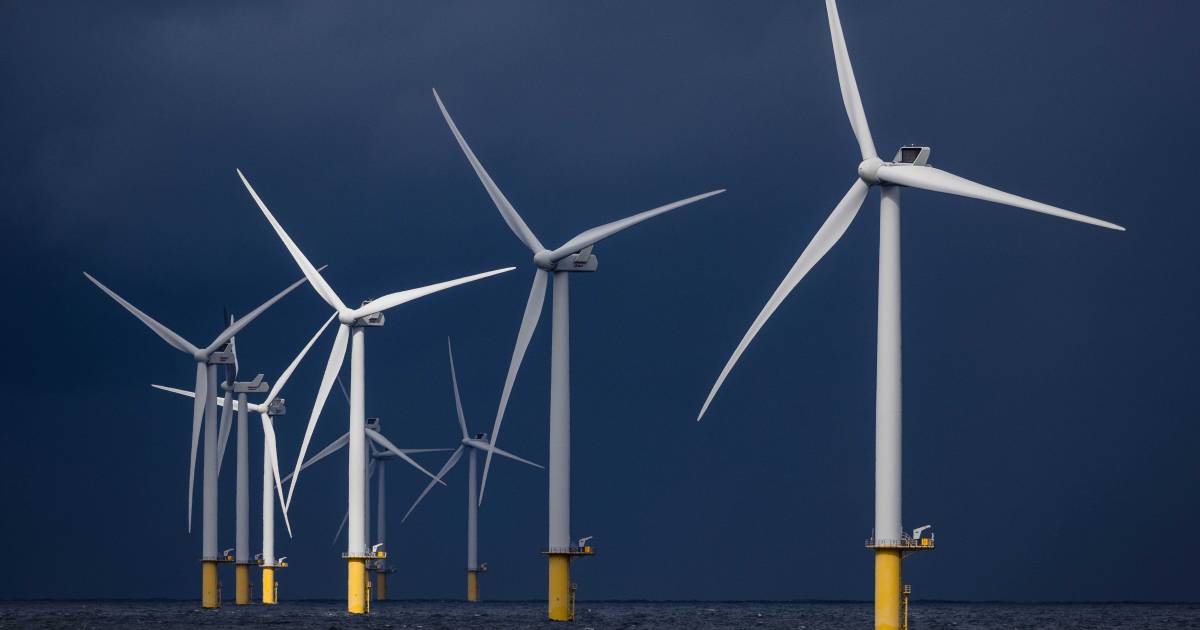state of the unionElectricity consumption across Europe should be reduced by 10% and 5% during peak hours. There will also be a price cap on gas imports – badly needed to tackle very high gas prices – although Brussels needs more time for this. Together with the profit tax on electricity and the solidarity contribution of gas and oil producers, these are the main features of the energy package that Commission Chairperson Ursula von der Leyen will publish tomorrow.
Von der Leyen was tasked with investigating a general price cap on gas imports from energy ministers last Friday, but needs more time to come up with (legislative) proposals. Its officials say it is a very complex file.
There was insufficient support for a price ceiling on imports of Russian gas only. This disguised measure of sanctions requires unanimity, and Central European countries certainly fear that Moscow will immediately turn off the gas tap completely. In principle, there is sufficient price ceiling support on all gas imports, although the Netherlands and various other countries fear gas shortages as a result.
In the past, the Commission itself has also said that the European market is too small to be able to set prices worldwide. The commission’s energy plans make up the bulk of the State of the Union address, the commission’s annual “throne address,” tomorrow in Strasbourg.
Intervention on all fronts
In a debate in the European Parliament this afternoon, various parties stressed that the Commission and the Council (Member States) should intervene simultaneously on all fronts. After the 15 percent gas savings was agreed earlier this summer (first voluntary, then mandatory if necessary), the 10 percent energy savings can only be imposed on consumers again if the energy companies’ surplus profits are addressed appropriately. Big, they argued. There is also agreement on this matter among the Member States.
Power generators should deliver the money
The Commission wants electricity producers who generate electricity with carbon-free sources such as the sun, wind or nuclear fission, to receive no more than €180 per megawatt-hour (now more than double that) and for oil and gas producers to levy a single-rate solidarity tax 33 percent. Revenues from both must be redistributed through member states to compensate for weak households and businesses and to promote the transition to green energy.
In addition, according to Energy PvdA spokesperson Mohamed Shahim, Brussels has to address the huge price fluctuations in the energy market. “It’s worse now than it is in the crypto world, and you don’t need digital currencies to cook.”
Watch our videos about rising gas prices here:
Unlimited free access to Showbytes? And that can!
Log in or create an account and never miss any of the stars.







